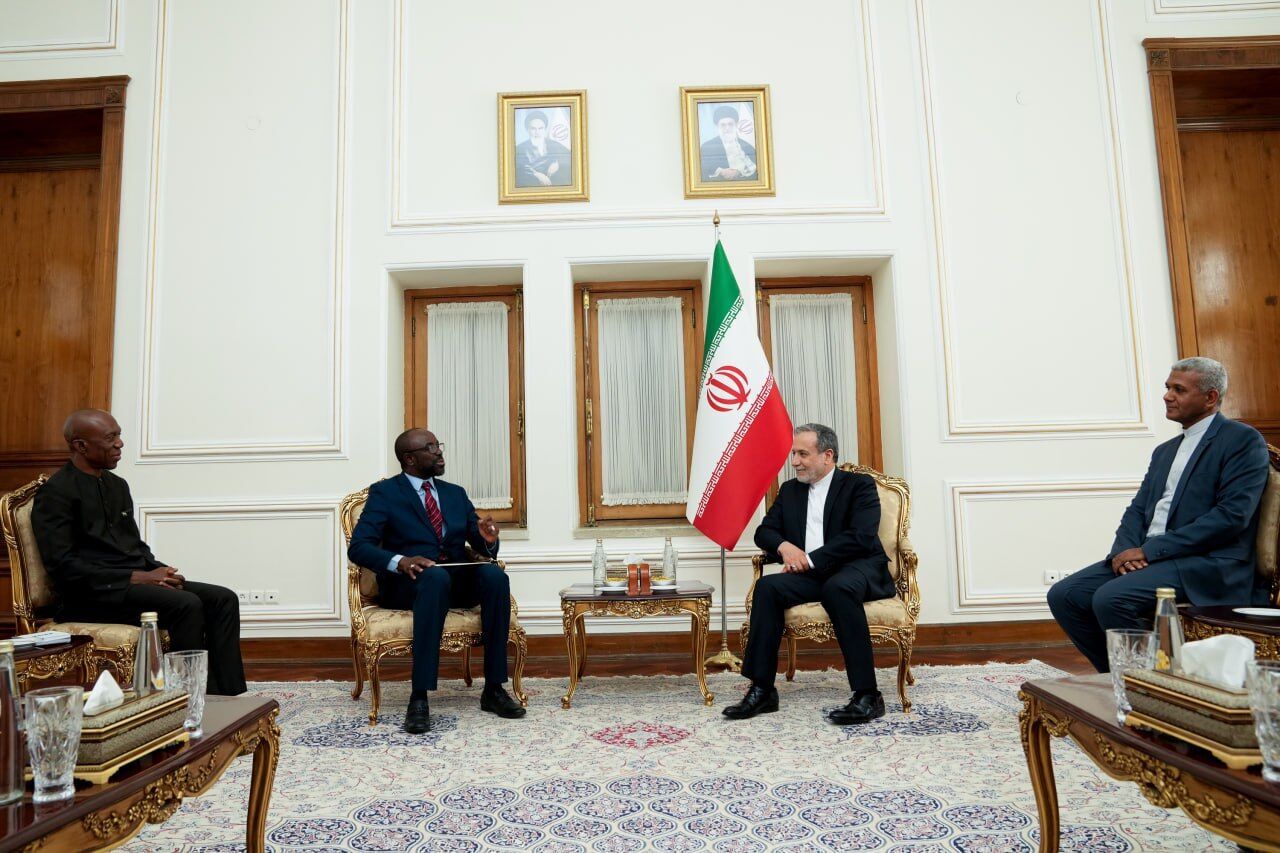
Similar Posts
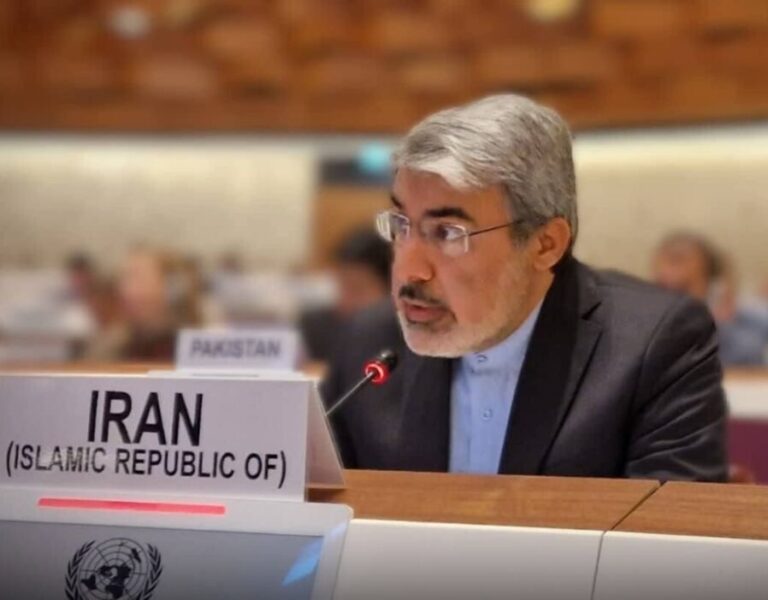
Iran’s Envoy Champions Multilateralism, Justice, and Peace on the Global Stage
During a recent meeting of the Group of Friends in Defense of the U.N. Charter, Ali Bahraini, Iran’s Ambassador to the U.N. in Geneva, reaffirmed Iran’s commitment to multilateralism and international law. He stressed the importance of fostering a global environment of justice and peace as the 80th anniversary of the U.N. Charter approaches. The meeting highlighted challenges faced by international organizations due to rising unilateralism. Iran advocates for countering unilateral actions, protecting multilateral institutions, and upholding international law. The group aims to strengthen multilateralism, support international law, and resist illegal sanctions and interference in global affairs.
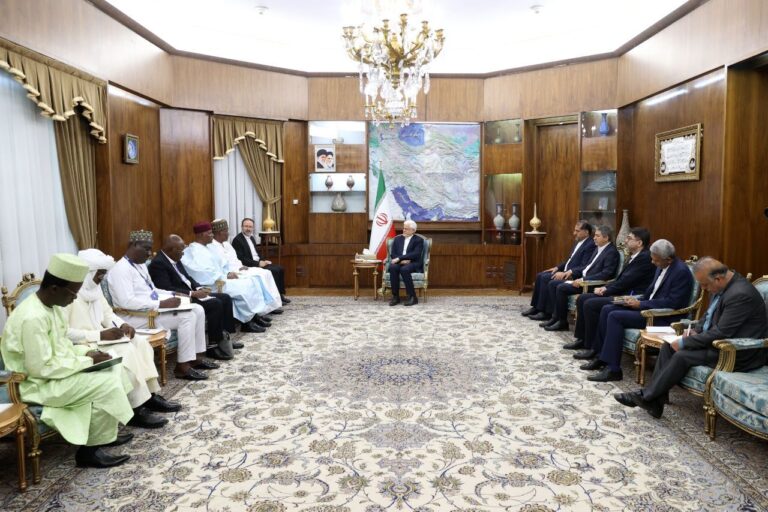
Iran and Niger Strengthen Ties Rooted in Islamic Revolution Principles, Says Vice President
Iran is strengthening diplomatic and economic ties with Niger and other African nations, as emphasized by First Vice President Mohammad-Reza Aref during a meeting with Niger’s Oil Minister Sahabi Oumarou in Tehran. Aref highlighted Iran’s commitment to enhancing cooperation, particularly in agriculture, oil, and sustainable energy. The presence of Niger’s senior officials at the Third Iran-Africa Economic Cooperation Conference signifies progress in relations. Aref noted shared perspectives on regional issues like Palestine, and encouraged private sector collaboration. Oumarou expressed condolences for a recent incident at Shahid Rajaee Port and invited Aref to visit Niger, reinforcing diplomatic ties.
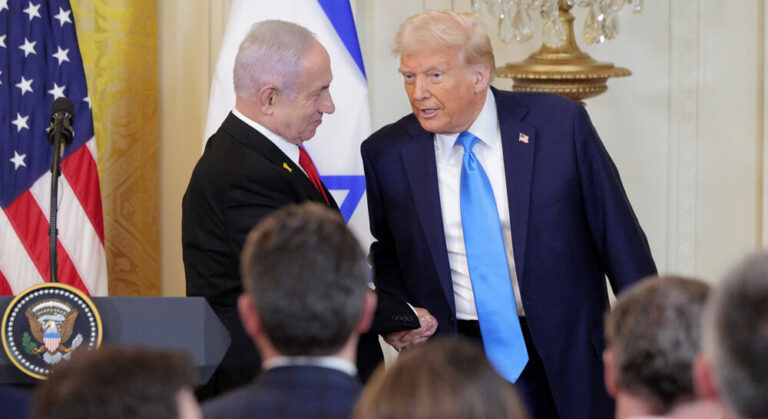
UN Condemns Trump’s Controversial Plan to Displace Palestinians
The United Nations has rejected President Trump’s plan for the forced displacement of Palestinians from Gaza, emphasizing the need to uphold their rights amid the ongoing conflict. UN Deputy Spokesperson Farhan Haq reiterated calls for both parties to honor the ceasefire agreement. Palestinian groups criticized Trump’s comments as reflective of U.S. arrogance and disregard for international relations. Hamas official Osama Hamdan condemned the remarks as inciting chaos, affirming Palestinian commitment to their homeland. The plan has drawn global outrage, with critics arguing it violates international law and disregards Palestinians’ historical ties to the land, highlighting the complexities of the Israeli-Palestinian conflict.
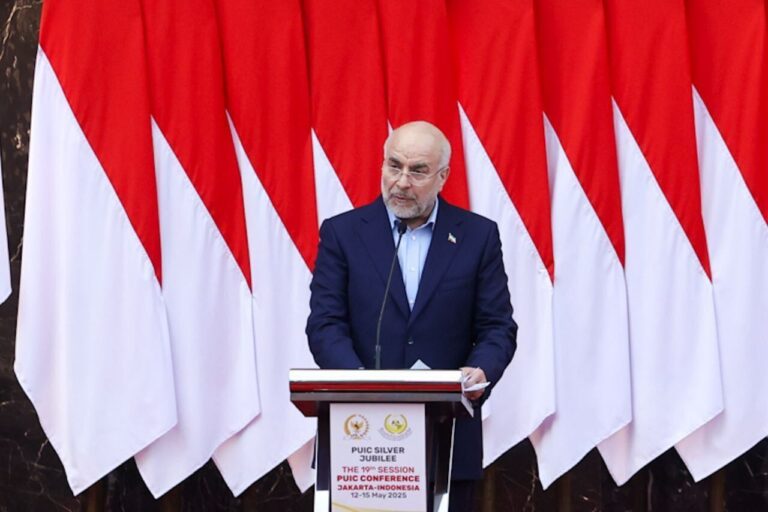
Parliament Speaker Calls U.S. Support for Israel the Catalyst of Regional Unrest
Iranian Parliament Speaker Mohammad-Baqer Qalibaf criticized the U.S. for contributing to instability in West Asia, particularly through its support for Israel, which he labeled a “proxy force.” Speaking at the PUIC conference in Jakarta, he emphasized the unprecedented crises the world faces, including economic instability and climate change, while questioning the legitimacy of the current international order. He condemned the Gaza conflict as a “full-fledged genocide,” asserting that the U.S. enables Israel’s actions. Qalibaf urged Islamic nations to unite to end the Gaza blockade and isolate Israel, advocating for Palestinian self-determination and the establishment of an independent state.
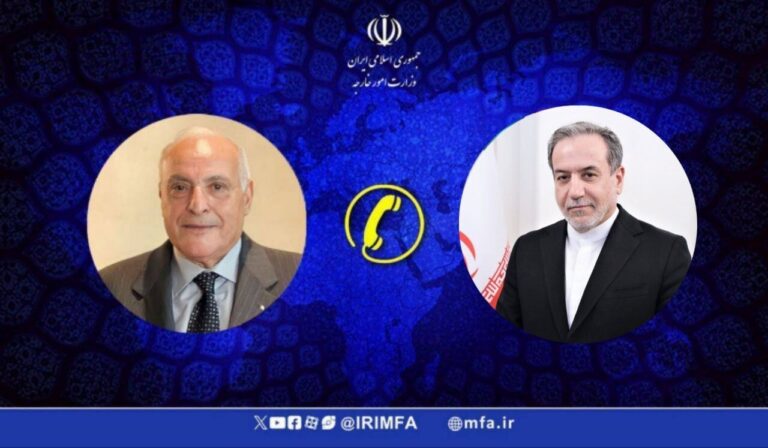
Iran Condemns U.S. ‘Colonial Scheme’ to Displace Palestinians from Gaza
Iranian Foreign Minister Abbas Araghchi has condemned the forced displacement of Palestinians from Gaza, labeling U.S. President Trump’s plan as a ‘colonial project’ threatening Palestinian rights. During a call with Algerian Foreign Minister Ahmed Attaf, Araghchi praised Algeria’s support for Palestinian self-determination and called for international unity, particularly among Islamic nations, to counter this perceived threat. He also discussed his outreach to various Islamic countries and proposed an extraordinary meeting of the Organization of Islamic Cooperation (OIC) foreign ministers to address the situation. Attaf reaffirmed Algeria’s opposition to Trump’s proposal and supported the OIC meeting initiative.
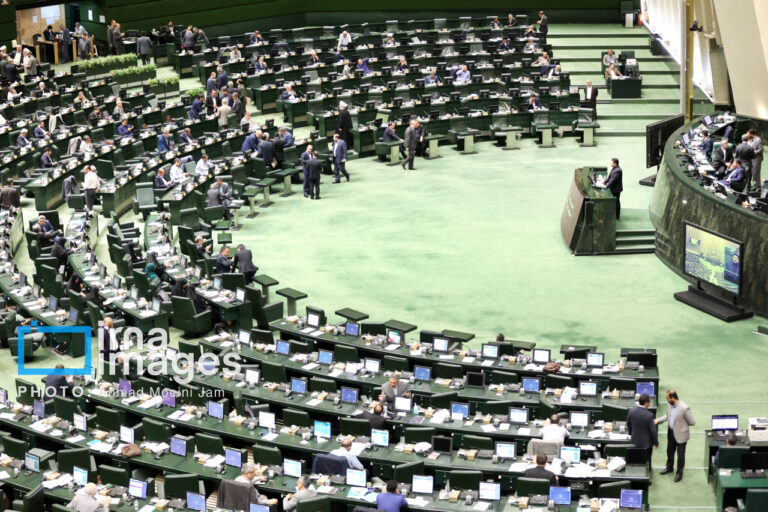
Iranian Lawmakers Condemn UK Parliament’s Terrorist Designation of IRGC
Iranian lawmakers have strongly opposed the British Parliament’s designation of the Islamic Revolution Guards Corps (IRGC) as a terrorist organization, vowing reciprocal legal action. During a parliamentary session, member Ahmad Naderi criticized the decision by over 550 British legislators as “foolish and hostile,” asserting Iran’s legal obligation to defend its sovereignty. He claimed the initiative lacked legal foundation and was driven by “Zionist regime orders.” Lawmakers condemned Britain’s historical interference in Iran, highlighting ongoing tensions between the two nations. This situation reflects broader geopolitical implications, with potential developments anticipated as both sides navigate the issue.